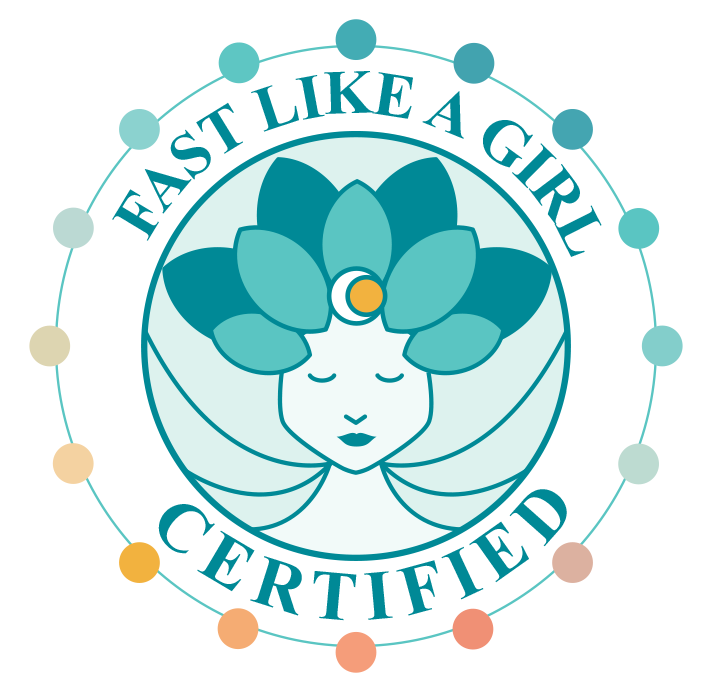What do these processed foods have in common?
Deep-fried and batter-fried foods: Donuts, crullers, French fries, onion rings, chicken nuggets, fried chicken, fish ‘chips’
Junk foods: Chips, crackers, microwave popcorn, “Hot Pockets,” tater tots
Prepared foods: Salad dressing, Mayo, Lean Cuisine and other frozen meals, canned fish, sun-dried tomatoes
At first glance, you may see refined carbs in most of these, and guess that. But what about the last line of prepared foods?
If you read the title of this blog, you might guess that they contain oils to avoid!
Yes, the fats and oils in these products are dangerous, in that they
- disrupt your metabolism, fueling sugar cravings
- make you gain weight
- promote insulin resistance more than sugar and carbs
- contribute to obesity and diabetes!
More than sugar and carbs?
The kinds of oils in highly processed foods are not the fats as found in Nature. They accumulate metabolism-changing toxins as they are extracted from the plants where they are found.
That makes them worse than even refined carbs and sugars because those toxins change your metabolism.
They make you crave carbohydrates and sugar, not for their flavors, but for brain energy.
When you eat foods with these eight oils, you actually deprive your brain of energy. When you deprive your brain of energy, it will do everything it can to get you to eat again to get energy back. So, to increase your hunger, eat these eight over and over and over again, and you will be more and more hungry.
This is the foundation of insulin resistance, according to Dr. Catherine Shanahan. When the brain needs sugar for energy, because nothing else will give it energy, your metabolism is broken. It is called insulin resistance, and leads eventually to pre diabetes, then type two diabetes.
It’s not some medical theory. It’s exactly what people are dealing with. Dr. Catherine Shanahan blames the obesity and diabetes epidemics on these oils, not sugar!
Any study that shows high fat diets cause worse health outcomes are using these kinds of seed oils and not butter and eggs to create the high fat diet. The current guidelines against cholesterol-containing foods prohibit healthy fats from entering the study. Therefore, the outcome of the study shows detriment to health, all due to these industrial toxic oils.
How toxic are these oils?
One toxin is called hexane, a solvent. It helps dissolve the oil out from the seed. Even though most of the hexane is removed significant amounts remain.
On top of that, the longer the oil is stored, the more light it’s exposed to, the more you heat it, the more toxins are in it.
How much? A toxicologist picked up a serving of fries from the local McDonald’s and the local Burger King, and studied how much toxins are in them. He was measuring a type of toxin called alpha, beta unsaturated aldehydes. That’s just one category of toxins.
And he found that it’s equivalent to the toxicity of cigarettes – one French fry equals the toxicity of one cigarette. Imagine eating a whole packet of French fries – that’s more than a pack of cigarettes! And that’s only one of the many toxins in these fries.
First, avoid these 8
It will shock you to find how common these oils are in all your favorite snack foods. You can also find them in some foods you thought were good for you!
Always be checking! Read package labels. You will find these oils in the oddest foods, like dried fruit.
- Canola Oil
- Corn Oil
- Cottonseed Oil
- Soy Oil
- Sunflower Oil
- Safflower Oil
- Grape Seed Oil (mostly when dining out)
- Rice Bran Oil (mostly when dining out)
How much matters? The ingredients on labels are listed in descending order, so the amount gets smaller as they get farther down the list. If you find these oils listed among spices, the amount is too tiny to matter. Also, if they are listed after “less than two percent” that’s insignificant too.
Wow, that cuts out most chips, crackers, and prepared frozen foods. Don’t worry – next comes what to choose instead.
Cooking at home
Stock your kitchen with fats such as
- Extra-Virgin Unrefined Olive Oil
- Unrefined Peanut Oil
- Unrefined Coconut Oil
- Unrefined Avocado oil
- Full Cream Butter
- Heavy Whipping Cream
- Bacon fat
Buy the best quality olive oil you can find. It is called “extra-virgin” also called “first pressed” and “cold pressed“. Don’t settle for “virgin” or “pure” grades of olive oil.
Note that when peanut oil is extracted from peanuts, extreme pressure and heat are not required for its extraction. You can buy unrefined peanut oil. It has a long history of traditional use throughout South America, Spain, Africa and Asia. Use it in salad dressings and for stir-frying.
Also, when you see a choice between unrefined and refined oils, choose the higher quality “unrefined.”
Refined oils are basically the empty calories of the oil world. For example, refined coconut oil refined avocado oil. They’re not what you want, but in certain situations they’re better than the eight to avoid listed above.
Eating Out
Many Ethnic foods are not deep fried, and do not use these toxic oils. Always ask.
- Many Indian sauces are made with butter, cream, yogurt and ghee.
- Many Mexican restaurants use lard in their beans and tortillas.
- Vietnamese and Thai soups often are made without these seed oils and have a very healthy broth.
- Korean BBQ is mostly meat and fermented veggies.
Many sit-down restaurants often have butter on hand. Ask if they can cook anything for you in butter. Be careful! Make sure it is not butter oil, fake butter spreads or margarine. These establishments can become your new friends.
If you like to eat out, it will be worth doing the investigation to discover which oils they are using and choose wisely.
More good fats
All real dairy products contain healthy fats, so make sure to buy products that keep the fat in, and are not 2%, 1% or non-fat versions. Get the highest quality you can: pasture-raised is the top of the line.
- All cheese
- Heavy Cream
- Half & Half
- Cream cheese
- Sour cream
Beware of non-dairy products sold in the dairy department, like Velveeta.
Most meats have fat on them, and again, how they are raised influences the quality of their fats. Pastured chicken, grass-fed beef and small-farm pork are usually highest quality. Keep the fat on meats and skin on the chicken.
Fish as found in streams and oceans has healthy fats, and the colder the water the more omega-3 fats. Fresh and frozen fish that is wild-caught and not farm-raised is higher quality. Choose canned fish and oysters packed in water or in olive oil. All crustaceans and shellfish have healthy fats.
Plants have fats too! Nuts and seeds have healthy oils when they are raw, sprouted or dry roasted. Nut and seed butters are great as long as they don’t have added toxic oils, but unrefined peanut oil is fine.
You can find vegetables preserved in olive oil or brine, such as olives, artichoke hearts, and sun-dried tomatoes.
Steps 1, 2, 3 for the 8
Read labels of everything in your kitchen pantry and remove anything that has these eight toxic oils in them.
- The 3 Cs: Canola, Corn, Cottonseed Oil
- The 3 Ss: Soy, Sunflower, Safflower Oil
- Look for These Two When Dining Out: Grape Seed Oil, Rice Bran Oil
Then take your knowledge and label-reading skills to the grocery store and be discerning the next time you shop. Stock up on good fats and oils.
Be sure to ask about cooking oils the next time you eat out.





